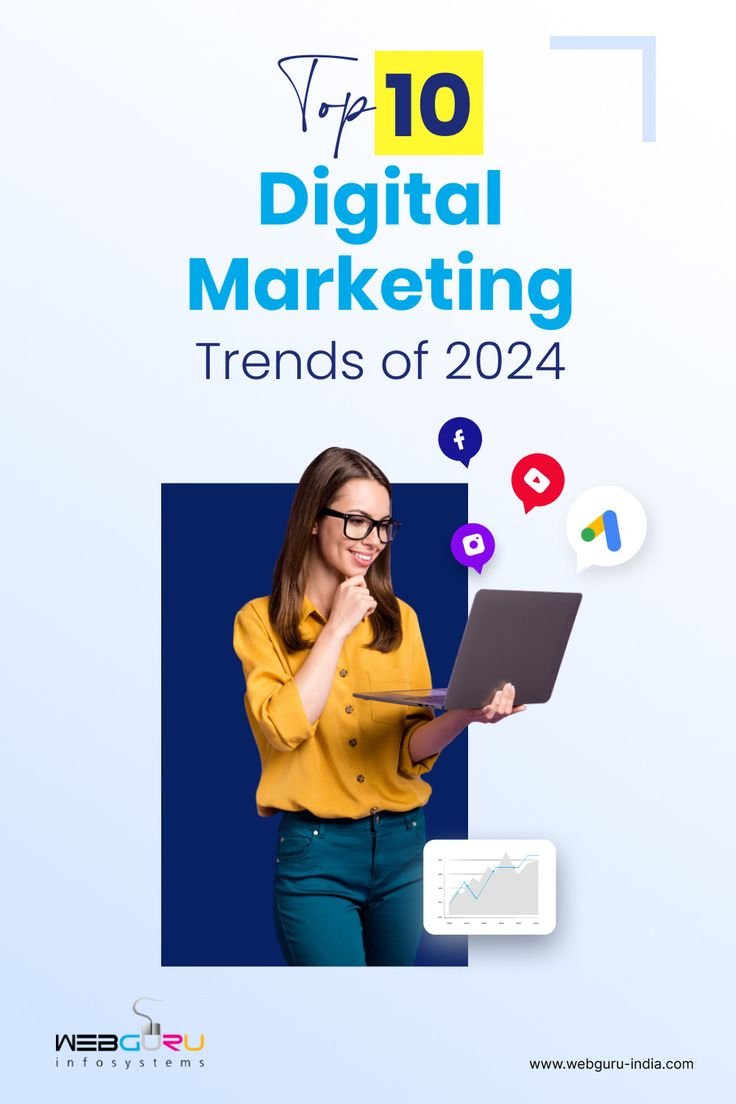The Human Touch in Modern Marketing: Building Authentic Connections in a Digital World
Marketing has transformed dramatically over the past decade. What once was primarily about pushing messages to consumers has evolved into something far more nuanced and relationship-driven. The most successful brands today understand that meaningful connections trump clever slogans every time.
Understanding the Shift from Transaction to Relationship
Remember when marketing felt like a constant barrage of “buy now” messages? Those days are fading fast. Modern consumers have developed sophisticated filters that immediately block out anything that feels salesy or inauthentic. They’re not just buying products anymore; they’re buying into brands that align with their values and speak to them on a personal level.
This shift represents a fundamental change in how businesses must approach their marketing efforts. Instead of focusing solely on conversion metrics and sales funnels, the most effective marketers now prioritize building genuine relationships with their audience. They understand that trust is the currency of modern commerce, and trust can’t be bought—it must be earned through consistent, authentic communication.
The Power of Storytelling in Brand Building
Humans are wired for stories. We’ve been telling them since we first gathered around fires, sharing experiences and passing down knowledge. Smart marketers tap into this fundamental aspect of human nature by crafting compelling narratives around their brands.
Consider how Patagonia has built its brand around environmental activism. They don’t just sell outdoor gear; they tell stories about protecting wild places and living responsibly. Their marketing isn’t focused on product features but on shared values and experiences. This approach has created a community of loyal customers who feel connected to something larger than themselves.
Your brand story doesn’t need to be as dramatic as saving the planet, but it does need to be authentic. What inspired you to start your business? What problems are you passionate about solving? How do your products or services make a real difference in people’s lives? These are the elements that form the foundation of a compelling brand narrative.
Creating Value Before Asking for Anything in Return
One of the most effective yet underutilized marketing strategies is creating genuine value for your audience before ever asking them to make a purchase. This approach flips traditional marketing on its head and builds trust through generosity.
Content marketing exemplifies this principle beautifully. When businesses create helpful blog posts, informative videos, or useful tools that solve real problems for their audience, they’re not just marketing—they’re building relationships based on trust and expertise.
Consider a financial advisor who creates a series of videos explaining complex investment concepts in simple terms. Or a software company that offers free templates to help small businesses streamline their operations. These resources provide immediate value without any expectation of return, positioning these businesses as helpful experts rather than just another company trying to make a sale.
The Authenticity Imperative
In an age of carefully curated social media feeds and polished brand personas, authenticity has become perhaps the most valuable marketing asset. Consumers have grown increasingly skeptical of perfection and are drawn to brands that show their human side.
This doesn’t mean being unprofessional or sharing inappropriately. It means being honest about your values, transparent about your processes, and willing to admit when you make mistakes. Some of the most beloved brands today are those that aren’t afraid to show the people behind the products and tell the real story of their journey—including the challenges and failures along the way.
Buffer, the social media management platform, built much of its early following by being radically transparent about everything from their pricing to their salaries to their mistakes. This openness created a level of trust and loyalty that traditional marketing tactics could never achieve.
Building Community Around Your Brand
The most successful modern marketing doesn’t feel like marketing at all—it feels like being part of a community. When customers feel connected to each other as well as to your brand, they become not just loyal patrons but active advocates.
Building this kind of community requires moving beyond transactional thinking and focusing on creating spaces for your customers to connect with each other. This might take the form of online forums, social media groups, in-person events, or user-generated content campaigns.
Outdoor retailer REI has mastered this approach with their #OptOutside campaign, which encourages people to spend time outdoors rather than shopping on Black Friday. This initiative resonates deeply with their customer base and has created a movement that extends far beyond any single product or promotion.
Embracing Imperfection in Your Marketing
Perfect marketing is dead. In its place has risen a preference for marketing that feels real, relatable, and human. This means embracing imperfection in your content and communications.
User-generated content often performs better than professionally produced material precisely because it feels authentic. Behind-the-scenes glimpses of your team at work, unpolished live videos, and honest responses to customer feedback all contribute to a more human brand presence.
Even large corporations are catching on to this trend. When Oreo tweeted “You can still dunk in the dark” during the 2013 Super Bowl blackout, it wasn’t part of a carefully planned campaign—it was a spontaneous, human moment that resonated far more than their polished advertising could have.
The Future of Marketing is Human
As we look to the future of marketing, one thing becomes clear: technology will continue to evolve, algorithms will change, and new platforms will emerge. But the fundamental human need for connection, trust, and authenticity will remain constant.
The marketers who thrive in this changing landscape will be those who understand that at its core, marketing isn’t about persuasion—it’s about building relationships. They’ll focus on listening as much as talking, on giving as much as asking, and on being genuinely helpful rather than just commercially effective.
In a world of increasing automation and digital interaction, the most valuable marketing skill may simply be the ability to connect with others on a human level. After all, people don’t connect with brands—they connect with the people behind them and the stories they tell.











